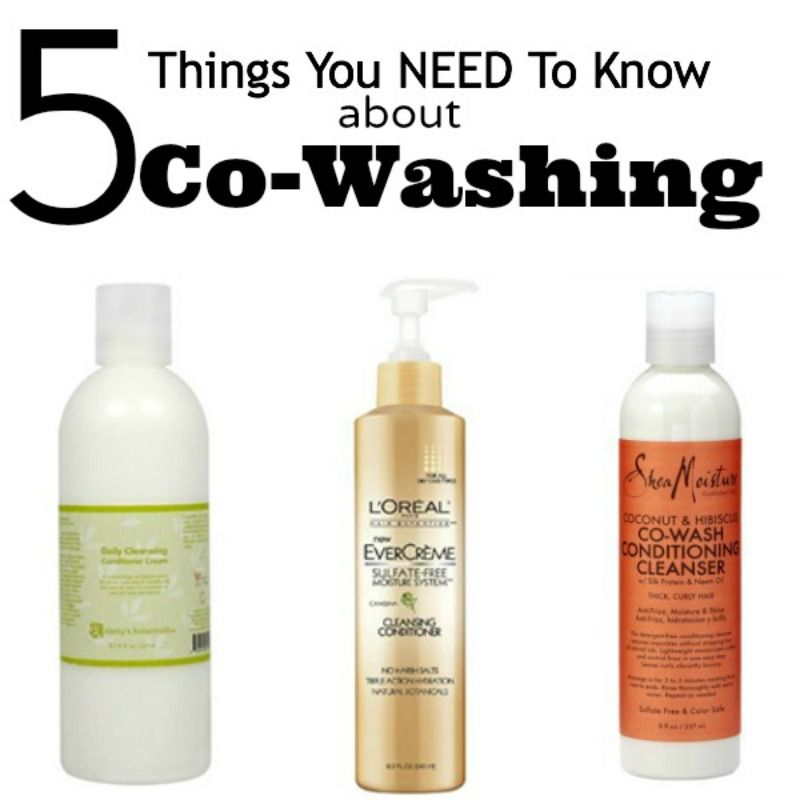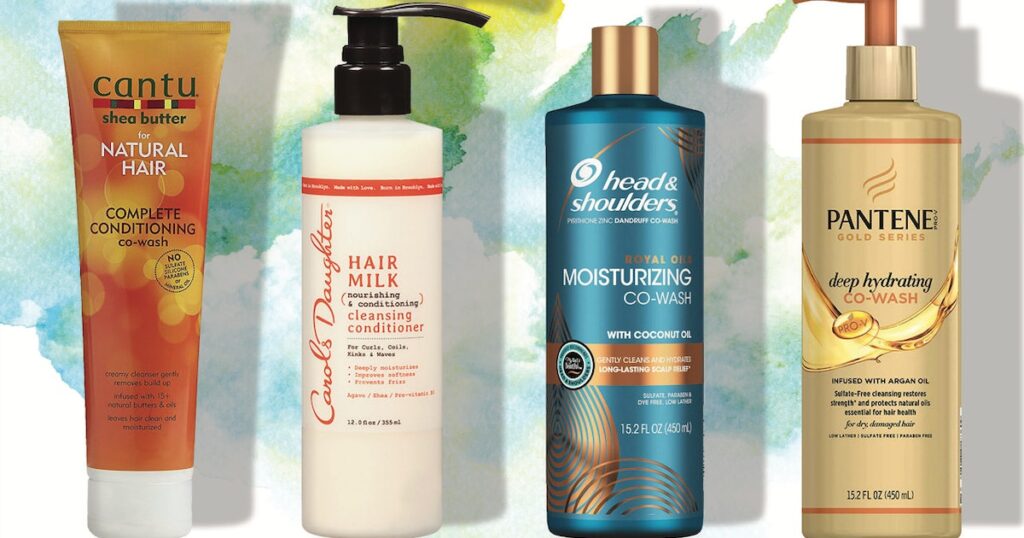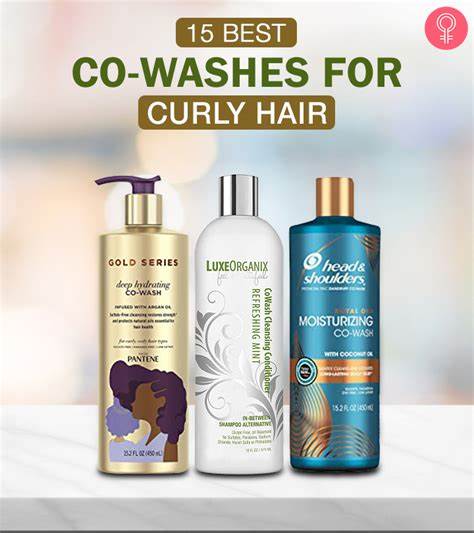What are the pros and cons of co-washing? For many of us, having perfect hair is something we all strive for. We spend countless hours researching the latest hair care trends, trying out new products, and experimenting with different styling techniques. In the process of hair cleansing, have you ever considered the benefits of co-washing?
A co-wash can also be referred to as conditioner washing. This process involves using only a conditioner to cleanse your hair instead of traditional shampoo. This method has been gaining popularity in recent years, but is it really the secret to perfect hair? I personally like co-washing my hair but it’s not a necessary step for me during each wash.
In this article, we’ll weigh the pros and cons of co-washing to help you decide if this hair care trend is right for you. From improved moisture retention to potential product buildup, we’ll cover it all. So, sit back, relax, and get ready to learn about the secret to perfect hair.

What Is Co-washing?
It’s a method of washing your hair using only conditioner. It is an alternative to traditional shampooing, which can strip your hair of its natural oils. Hence that dry, crunchy feeling after removing your head from the shampoo bowl. The co-washing process is a gentler way to cleanse your hair and is most beneficial for those of us with curly or dry hair. When you co-wash, you can remove dirt and product buildup without stripping your hair of its natural oils. This can help to improve the overall health of your hair and leave it feeling softer, smoother, and more manageable.
Pros and cons of Co-Washing
The Benefits Of Co-washing
There are several benefits to co-washing your hair. One of the biggest benefits is improved moisture retention. Because it doesn’t strip your hair of its natural oils, your hair is able to retain more moisture. This can help to prevent dryness and breakage and leave your hair feeling softer and more hydrated. It can also help to reduce frizz, particularly for those with curly hair. When you co-wash, you can remove dirt and product buildup without disrupting your hair’s natural curl pattern. This can help to define your curls and leave them looking more defined and bouncy.
Another benefit is that it can help to reduce the amount of time you spend styling your hair. When your hair is softer and more manageable, it’s easier to style. This can be particularly beneficial for those with thicker or curlier hair, which can take longer to style. Finally, this method can be a great way to save money on hair care products. Because you’re only using one product to cleanse and condition your hair, you’re able to save money on shampoo and other hair care products.
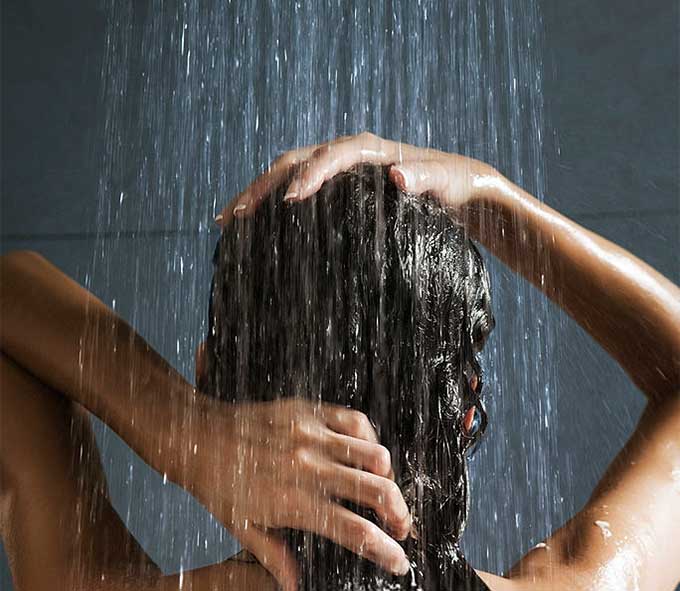
Potential drawbacks of co-washing
While there are many benefits to co-washing, there are also some potential drawbacks to consider. One of the most significant drawbacks is the potential for product buildup. Because you’re not using a traditional shampoo to cleanse your hair, it’s possible that product buildup can occur. This can lead to dull, greasy hair that is difficult to style. To avoid this, it’s important to ensure that you’re using a high-quality conditioner that is specifically designed for co-washing. You should also avoid using too much product and make sure to rinse your hair thoroughly.
Another potential drawback is that it may not be suitable for all hair types. While it can be beneficial for those with curly or dry hair, it may not be the best option for those with oily or fine hair. This method can sometimes leave your hair feeling weighed down and greasy. This can be particularly problematic for those with fine hair. It’s important to consider your hair type and needs when deciding whether or not to co-wash.
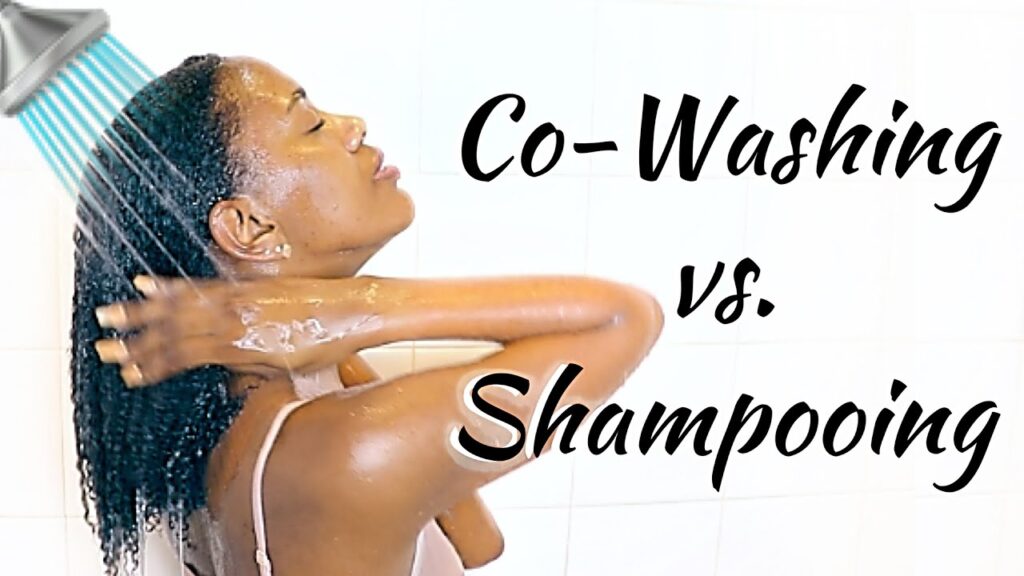
Co-washing vs. Traditional Shampooing: What’s The Difference?
The main difference between the two is the product used to cleanse your hair. The traditional shampoo contains surfactants that are designed to remove dirt, oil, and product buildup from your hair. While this can leave your hair feeling clean, it can also strip your hair of its natural oils, which can lead to dryness and breakage. Co-washing, on the other hand, uses a conditioner to cleanse your hair. This conditioner is designed to remove dirt and product buildup without stripping your hair of its natural oils.
Another key difference is the frequency with which you should wash your hair. Because traditional shampoo can be harsh on your hair, it’s typically recommended that you only shampoo your hair every few days. Co-washing, on the other hand, can be done more frequently. In fact, many people who co-wash their hair do so every day or every other day.
Common Myths Debunked
There are several myths and misconceptions about co-washing that can make it difficult to decide whether or not to try this method. One common myth is that co-washing is only suitable for those with curly or dry hair. While co-washing can be particularly beneficial for those with these hair types, it can also be beneficial for those with other hair types. Another common myth is that it can lead to product buildup and greasy hair. While this is a potential drawback of co-washing, it can be avoided by using a high-quality co-washing product and rinsing your hair thoroughly.
Routines Of Celebrities And Influencers
Many celebrities and influencers have embraced co-washing as part of their hair care routine. Actress Emma Stone has spoken publicly about her love for co-washing, saying that it has helped to improve the overall health and appearance of her hair. Other celebrities who have embraced co-washing include Viola Davis, Tracee Ellis Ross, Lorraine Toussaint, Gabrielle Union, Taraji P. Henson, and Lupita Nyong’o. These women have all spoken about the benefits of co-washing, particularly for those with curly or dry hair.
Top 10 Co-Wash Conditioners
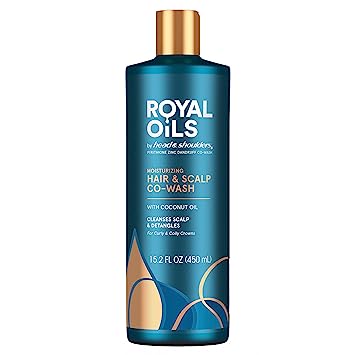
Head & Shoulders Royal Oils Moisturizing Co-Wash
- For dry, itchy scalp
- Helps to cleanse and remove buildup without stripping hair of its natural oils
- Leaves hair soft, manageable, and free of flakes
- Fragrance-free
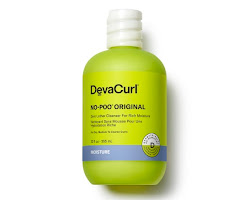
DevaCurl No-Poo Original Conditioner
- Sulfate-free, silicone-free, and paraben-free
- Made with botanical extracts and essential oils
- Helps to cleanse, clarify, and detangle hair
- Leaves hair soft, shiny, and manageable
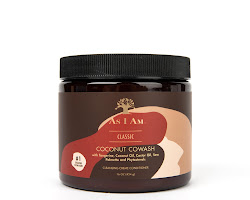
As I Am Coconut Cowash
- Made with coconut oil, avocado oil, and shea butter
- Deeply cleanses and hydrates hair
- Leaves hair soft, shiny, and manageable
- Curl-friendly
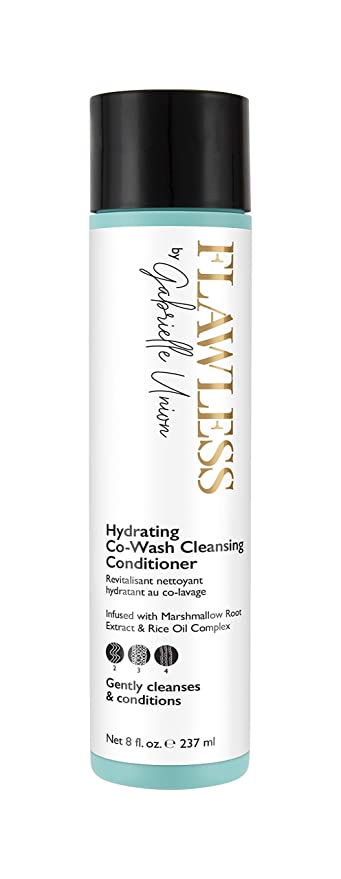
Flawless by Gabrielle Union Hydrating Co-Wash
- Sulfate-free, silicone-free, and paraben-free
- Hydrates and cleanses dry, damaged hair
- Leaves hair soft, manageable, and frizz-free
- Vegan and cruelty-free
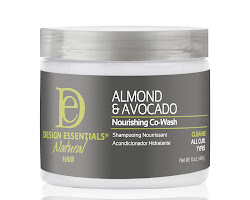
Design Essentials Almond & Avacado Co-wash
- Rich in vitamins and minerals
- Helps to restore moisture and elasticity to dry, damaged hair
- Leaves hair soft, shiny, and manageable
- Affordable
This is just a small sampling of the many great co-washing conditioners on the market. When choosing a co-wash, it is important to consider your hair type and needs. If you have dry, damaged hair, you will need a conditioner that is rich in moisture and nutrients. If you have oily hair, you will need a conditioner that is lightweight and won’t weigh your hair down.
